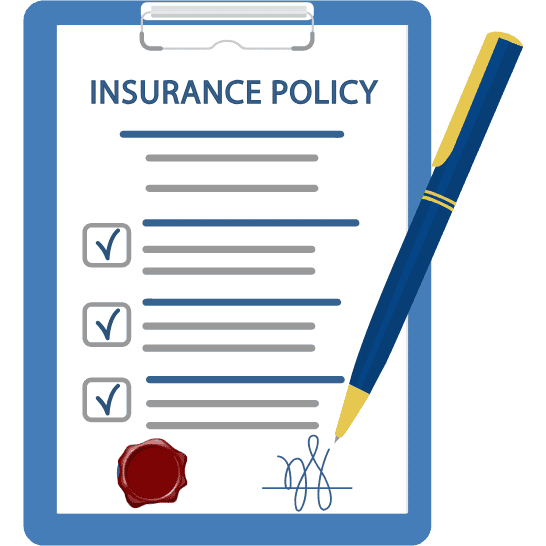How To Negotiate With Creditors For Debt Settlement?

Debt settlement can offer relief to those struggling with outstanding financial obligations. When creditors are unwilling to offer leniency, negotiating directly with them may provide an opportunity to settle debts for a lower amount than what you owe. However, this process requires patience, strategy, and knowledge. Here’s a comprehensive guide on how to approach debt settlement negotiations effectively. Before you initiate any negotiations, it’s crucial to gain a clear understanding of your financial standing. This involves: Knowing your financial limitations and your total debt load will empower you during negotiations. Debt settlement typically involves negotiating with creditors to pay a reduced lump-sum amount, which can often be significantly less than what you owe. Here are a few options to consider: Having a variety of settlement options at your disposal allows you to approach creditors with flexibility. When negotiating with creditors, supporting evidence can strengthen your case. Here are the documents you should gather: Creditors are more likely to be receptive to settlement offers when they can see that you’re in financial distress and are committed to resolving the debt. Once you’ve gathered your documentation, the next step is to determine what you can realistically offer. Many individuals who are negotiating their debt for settlement make the mistake of overestimating what they can afford, which can lead to disappointment or failure in negotiations. Here are some things to consider when determining an offer: The goal is to make an offer that’s both reasonable for you and attractive enough for creditors to accept. Start by contacting the creditor directly. You can do this by phone or in writing. If you’re unsure about how to proceed, it might be worthwhile to consider debt settlement services, such as RupeeRelief, which can assist in these negotiations. These services have experience in dealing with creditors and can help you secure a better settlement. Negotiations may take time, but being flexible and respectful increases the likelihood of a successful resolution. Once an agreement is reached, it’s essential to get the terms of the settlement in writing. This protects you in case there are future disputes over the terms of the settlement. The agreement should clearly outline: Without proper documentation, the creditor may claim that no agreement was made or that you owe the full amount. Debt settlement can have a significant impact on your credit score, as it will be reported as “settled” rather than “paid in full.” This can cause a temporary drop in your credit score, which can take years to recover. However, settling your debt is often better than leaving it unpaid. A defaulted debt may stay on your credit report for years and make it harder for you to secure future loans or credit. If the process seems overwhelming or if negotiations aren’t progressing, seeking the help of professionals like RupeeRelief could be beneficial. Debt settlement services can handle the communication with creditors and help you navigate the legalities and complexities of debt settlement. They typically charge a fee, but the value they provide in negotiating favorable settlements and saving you time and stress can be well worth the investment. Moreover, their experience and knowledge in dealing with creditors can often lead to a more favorable settlement than you could secure on your own. Debt settlement negotiations can take time. It’s important to remain patient and persistent, even if the process feels frustrating. Keep a record of all correspondence and follow up regularly to ensure that the settlement process is moving forward. Staying committed to settling your debt will ultimately give you the peace of mind that comes with clearing your financial obligations and working towards a better financial future. Negotiating debt settlements can be a viable solution for individuals burdened by significant debt. By understanding your financial situation, gathering the right documents, making realistic offers, and staying committed to the process, you can successfully reduce your debt. Professional services like RupeeRelief can provide additional support during this process, ensuring that you get the best possible outcome while managing your financial recovery. Remember that the path to debt resolution is a journey, but with the right strategies, you can regain control of your finances and move forward toward a debt-free future.1. Understand Your Debt and Financial Situation
2. Review Your Debt Settlement Options
3. Gather Documentation and Evidence
4. Set a Realistic Settlement Offer
5. Initiate the Negotiation
6. Document Everything
7. Understand the Impact on Your Credit
8. Consult a Debt Settlement Service
9. Be Patient and Stay Committed
Conclusion

